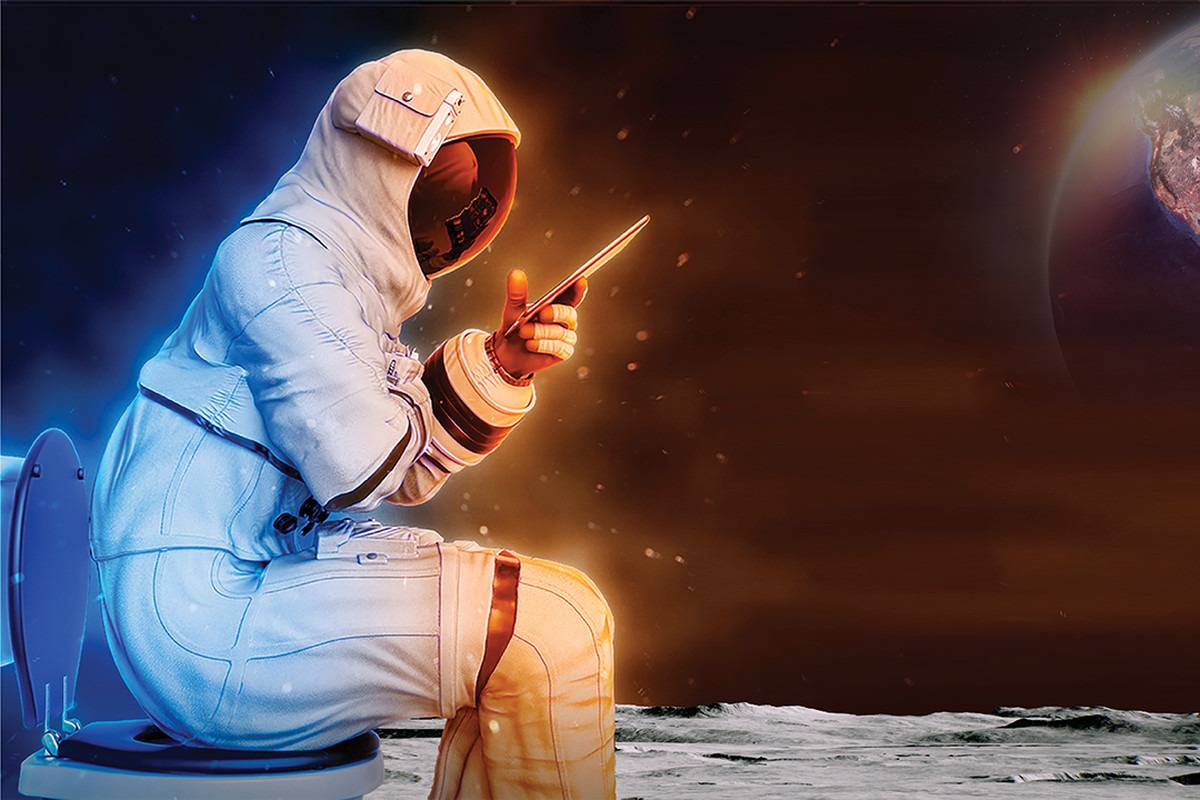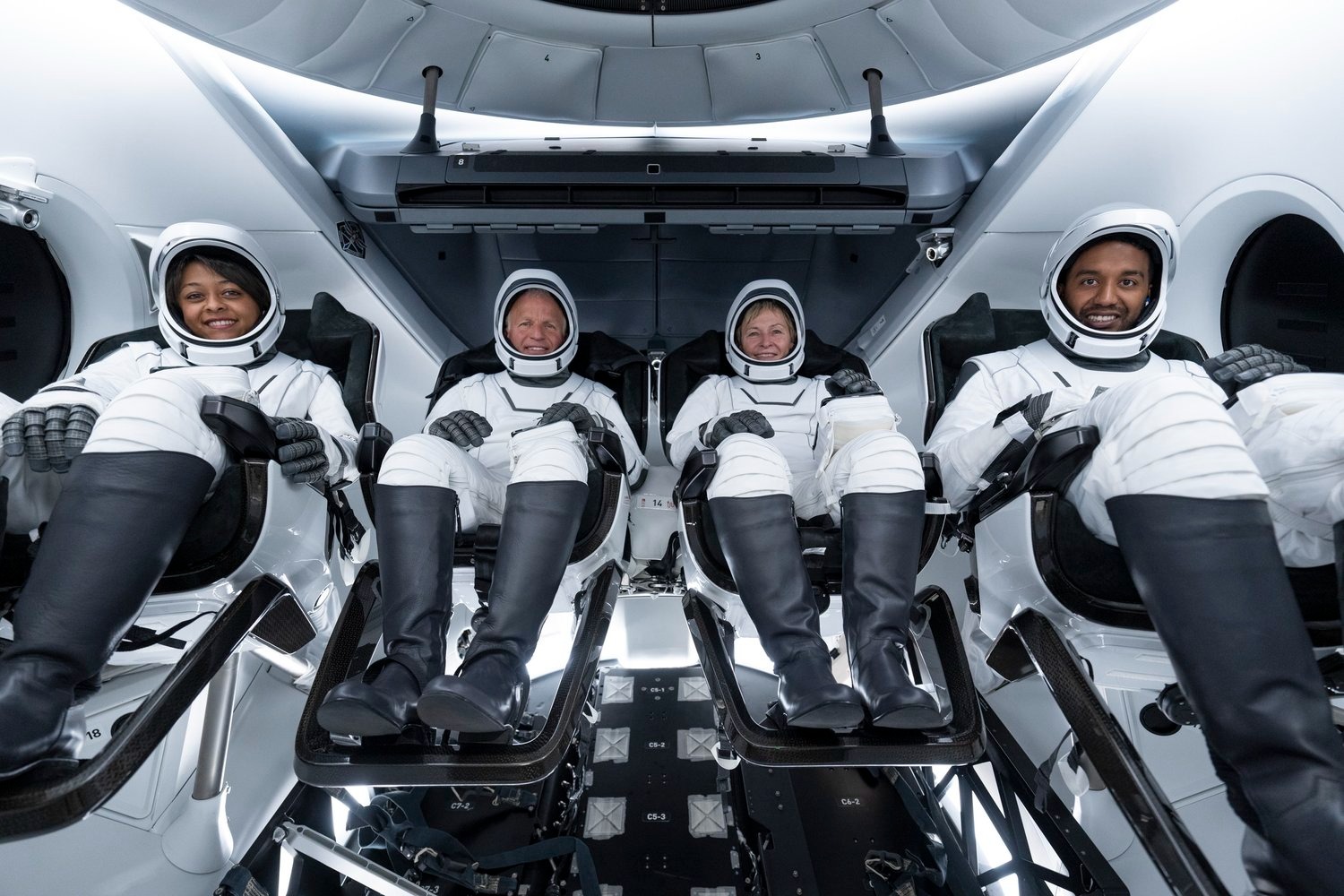
Last week, the second crew of private space tourists from Axiom Space (Ax-2) on the SpaceX Crew Dragon spacecraft arrived at the International Space Station for an eight-day vacation. This morning, the crew returned to Earth. But staying in microgravity was not very pleasant for some space tourists. NASA hinted that the crew had difficulties with “hygienic practices,” or, simply put, using the toilet on the ISS.
The current generation of space composters sucks liquid and solid waste into special vacuum tubes. But the astronauts who use them say that the stench from them remains unbearable. Most likely, it was this feature that proved to be a spicy problem for the AX-2 crew.

Unpleasant cases with toilets in space
Using a toilet on Earth depends on gravity, but using a toilet in space has always been a challenge for both scientists and astronauts. For example, during the 1969 Apollo 10 mission, the crew was forced to fight a “flying nuisance” extremely far from Earth. Then, on the way to the moon, NASA heard Commander Tom Stafford on the radio, demanding a napkin because “there is excrement in the air.”
In private space companies, the problem with toilets also remains relevant. SpaceX, for example, admitted in September 2021 that the Inspiration4 mission faced a waste disposal problem. Only a month later, SpaceX shared the details of the incident: the space toilet, which relies on two separate vacuum tubes, leaked and splashed urine under the floor of the spacecraft. Fortunately, the crew did not even notice this contamination.
The last AX-1 mission also had problems with the toilet. During the reception of the first space tourists in orbit, the toilets on the ISS in the American modules broke down. Therefore, the astronauts asked the Russians to allow them to use their facilities, as CNN learned.
Overall, space remains a hostile environment on both large and small scales. No amount of training on Earth can fully prepare space travelers, no matter how prepared they are for the reality of life in orbit.

